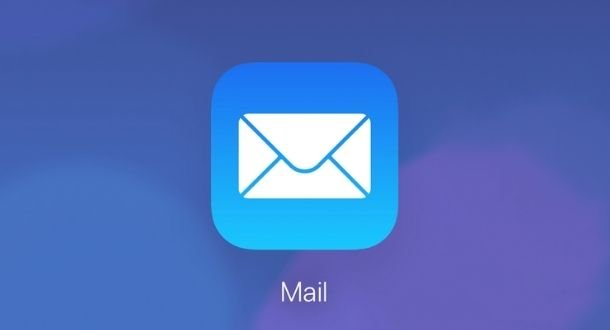Hao Kuo Chi, a resident of Los Angeles, California has been accused by U.S. authorities of collecting more than 620,000 private photos and videos by compromising Apple iCloud accounts. The defendant’s main target was allegedly to deploy extortion campaigns against hundreds of young women, from whom Hao Kuo Chi demanded money in exchange for not publishing their intimate images.
Chi agreed to plead guilty to four criminal charges, including conspiracy to commit wire fraud and unauthorized access to computer systems. The maximum sentence the defendant could receive is still unknown.

The defendant contacted potential victims via email using the pseudonym “David” and posing as a member of Apple’s customer service staff. In his messages, Chi tricked victims into handing over their Apple ID and passwords, gaining access to the accounts of at least 306 women across the country, according to the Florida prosecutor’s office.
In his guilty plea, Chi claims to have hacked 200 accounts at the request of other individuals who contacted him on the Internet through a hacking forum where he called himself “icloudripper4you” and offered his services to hack any account on this platform.
In addition, Chi acknowledges that he and his accomplices (who have not been identified) used an encrypted email service to communicate with each other anonymously. This network was also dedicated to storing and distributing the stolen material through other illegal platforms: “I don’t even know exactly who was involved in this operation,” Chi said recently.
This plea deal comes just as Apple is facing severe criticism from privacy advocates for its practices for detecting illegal pornographic material, which include scanning any files stored using iCloud. While this practice has helped to combat the distribution of child pornography, systematic monitoring of users is a questionable practice.
To learn more about information security risks, malware variants, vulnerabilities and information technologies, feel free to access the International Institute of Cyber Security (IICS) websites.
He is a cyber security and malware researcher. He studied Computer Science and started working as a cyber security analyst in 2006. He is actively working as an cyber security investigator. He also worked for different security companies. His everyday job includes researching about new cyber security incidents. Also he has deep level of knowledge in enterprise security implementation.
